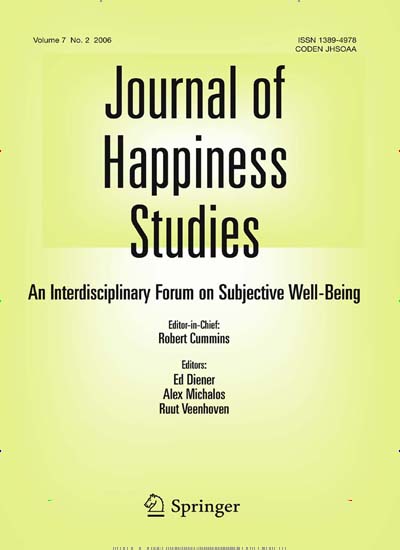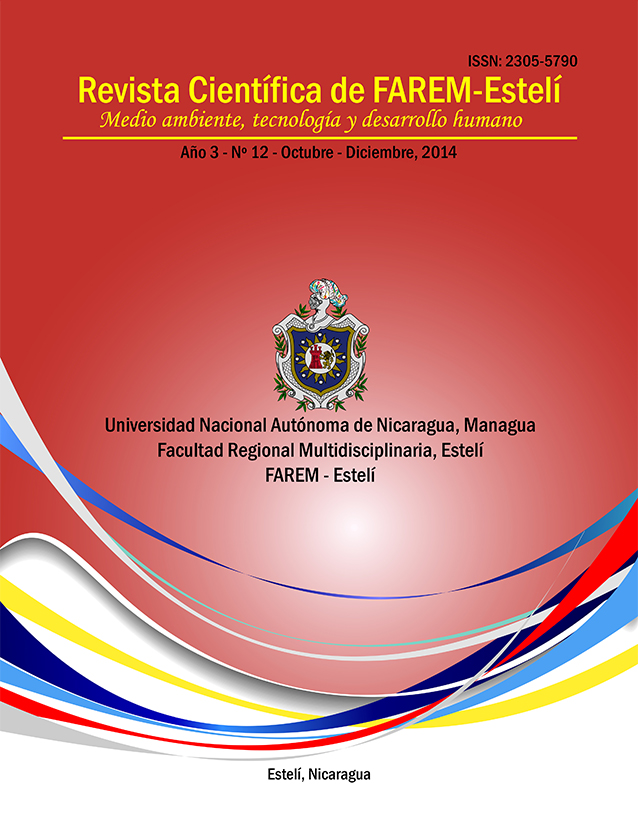Resumen
In a study of life satisfaction in Nicaragua, Cox (2012) found that female sex workers had dramatically low subjective well-being (SWB) relative to other marginalized groups in Nicaragua. Moreover, the SWB of these female sex workers was possibly the lowest recorded in the life satisfaction literature. A novel theory linking life satisfaction with life stories is proposed, and a method not heretofore used in SWB research is employed, the life story interview, in order to better understand the dramatic unhappiness of this sample. Seeing life satisfaction as an identity invoking process, the sample’s dramatically low life satisfaction judgments are framed within the larger context of narrative identity. Thematic analysis of the stories revealed a prototypical narrative arc: early family conflict, departure from home, a series of unsuccessful romantic relationships, birth of multiple children, dire economic crises, entry into sex work, and hope for a future exit from sex work. The life stories of these participants provided an identity and life course context to understand the dramatic unhappiness of this sample.






